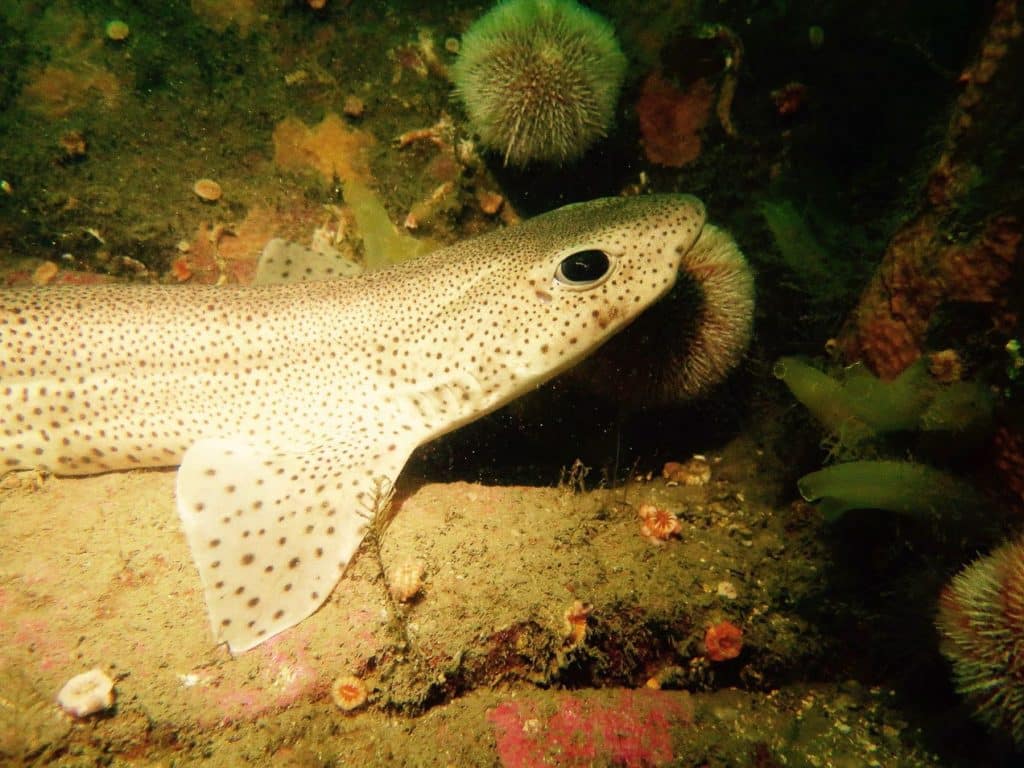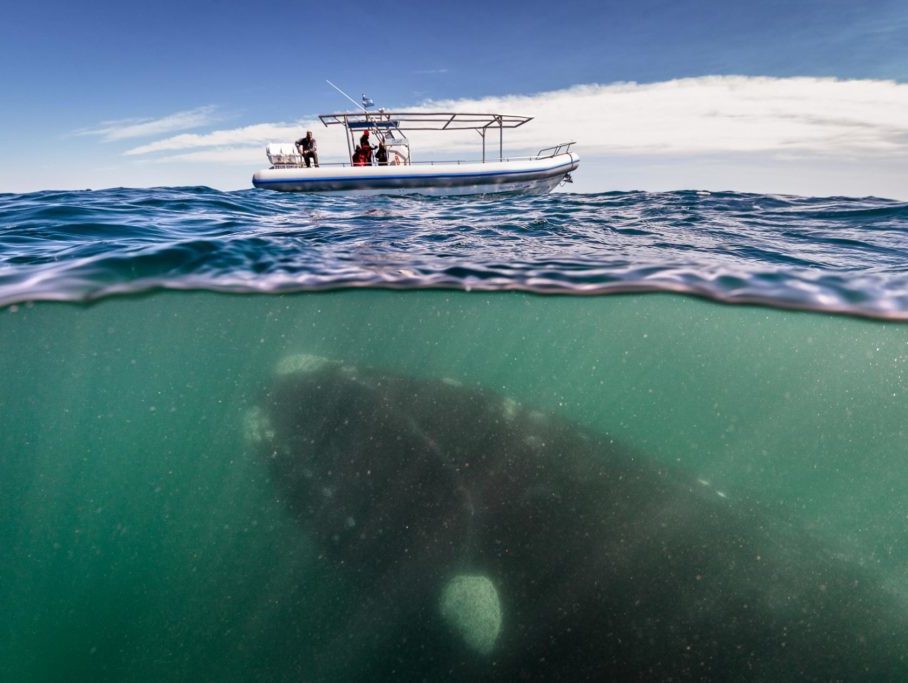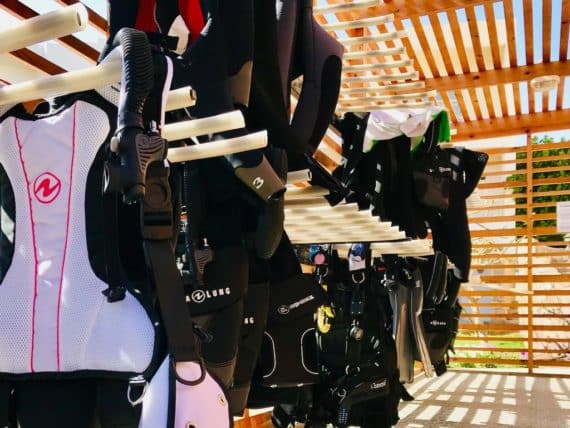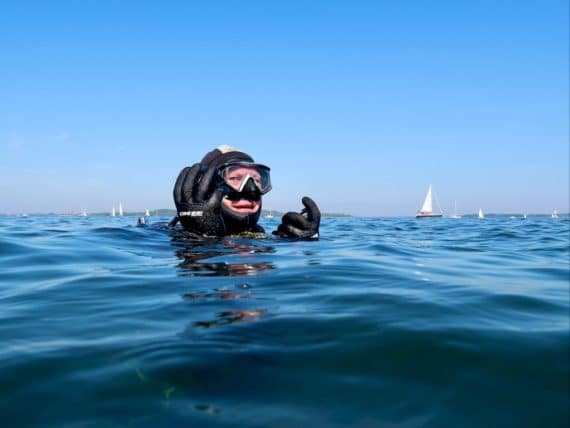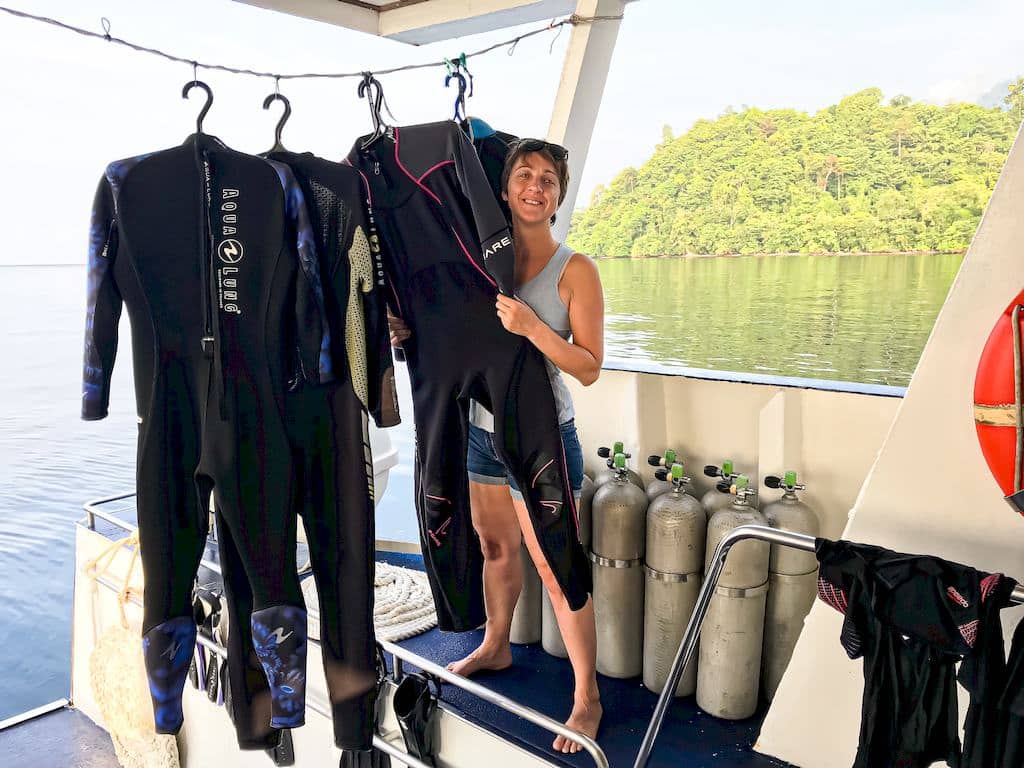Polynesia: the situation that is disrupting the French scuba diving environment … and the rest of the world continues to dive
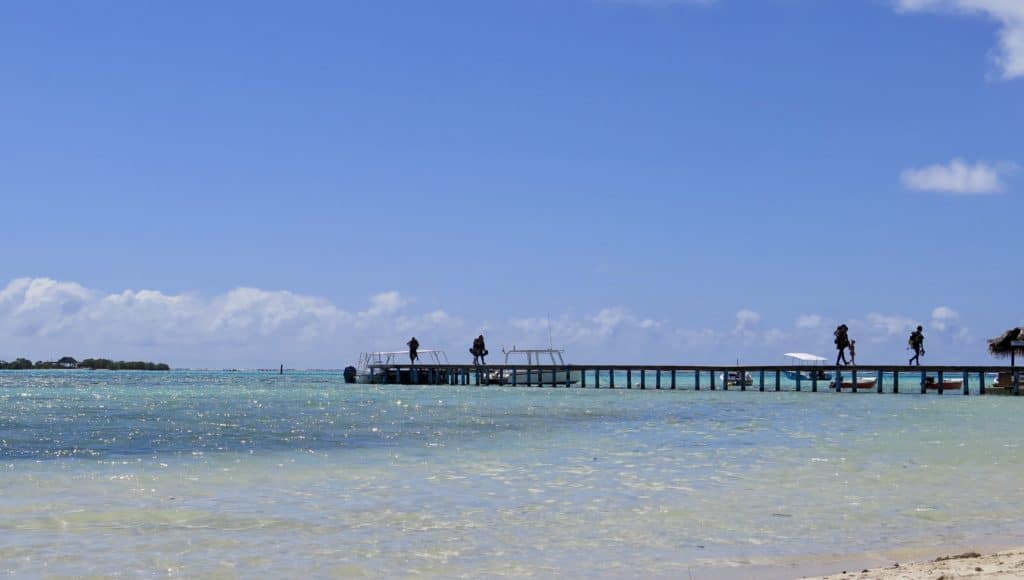
Whether or not one wants to take advantage of the already long-standing debate about training courses carried out in France under the State certification. Or those carried out through another commercial channel such as PADI, NAUI, SSI, and others the situation recently mentioned in polynesia does ring a bell into the divers community.
Polynesia wants to open access to the profession to monitors certified by PADI, NAUI, SSI, and others !
That’s the outcry.
On the side of small structures or associations such as the ANMP, this situation frightens.
Indeed, although polynesia is French. It nevertheless has a special status which enables it to vote laws and regulations different from those of the metropolis.
The underlying question that frightens is:
But if the non french instructors or other agencies can work for money in Polynesia today. What will it be in the rest of the French territories tomorrow?
Let’s take a step back
While I do not have any cap, neither an “American” federation nor a French state certificate. But just a CMAS instructor, I propose to you to think together on this problem in polynesia and continental france..
In the eyes of anyone living in the rest of the world, this question is a non-event. So I think it’s important to step back and focus on the issues.
And to remind that France is the only country in the world. Where the practice of the profession of diving instructor is subjected to the follow-up of a relatively long and specific training organized by the State.
Elsewhere in the world,
An instructor can freely open his diving center. And practice for remuneration provided that he follows the country’s own socio-economic regulations.
So we have a right to ask ourselves if the training provided in the rest of the world is of lesser quality. And offers less safety and comfort to divers than in polynesia.
Indeed, our goal is only the ultimate enjoyment and safety of the people. Who will go to the discovery of the seas and oceans, right?
We can argue about so-called “safe” arguments. Going from a 5-to-5 to a 6-person team or allowing two intro dives at the same time. Does not go in the direction of safety of course. But limiting the depth of dives in polynesia as anywhere in the hexagon whatever the level is clearly more secure.
We can also question the procedures of rescue. Assistance, taught sometimes differently according to the agencies but taught in all scuba diving agencies.
Finally,
We can question the quality of teaching pedagogy. But to refuse methods other than those taught through the State certification would only be to denigrate any other pedagogy. Which we will obviously not do. Diversity in education is well known, a great wealth.
No one will question that there is a difference. (ex: FFESSM) In time and money in the course of formal training and business training . Yet it is not unnecessary to ask another question:
If the quality of the official training is essential to be a good instructor in a dive shop. Why is it left within the non profit associations the responsibility of the entire course of training to monitors who have not followed it?
It should be remembered that an instructor. From any federation. (ex:FFESSM) And not having the state certification, can carry out all the training of a diver on the French territory. Including polynesia as of the try scuba to the certification through the leadership if he is not paid!
Do clients of the diving structures
Of Le Lavandou or the Cousteau reserve in Guadeloupe need a more specific supervision. With more qualified instructors than members of an associative club in the center of France?
Would the teenager who passes his levels in his associative club in Orléans. Then be in danger because trained by monitors without their state certification?
In addition, a diver who is licensed by a “state certification” instructor. And a diver trained by an FFESSM instructor who does not have the “state certification” will have the same diving prerogatives in france mainland and polynesia. It is to understand nothing of it.
When we deliberately think about this. We are forced to be intellectually honest and ask ourselves whether we are not mistaken in the debate.
Is the opening to the practice of diving from a professional and commercial point of view really a question of competences specific to the scuba diving and the questions of security or an economic question?
On what basis does this obligation to take formal training only in the case of professional use of the activity be based? Are there more diving accidents among divers trained in associative structures. With supervisors who do not have the formal training sesame? Should this training not be compulsory for all supervisors. Who are employed free of charge or for remuneration? Or completely suppressed?
Rather than a debate on safety and pedagogy in polynesia and mainland
It seems that it is rather about the protectionism of the profession. And the blocking of access to this profession to foreigners on French soil that should be debated. Indeed, it is almost impossible for a foreigner to come to this training (given the time and money it requires).
If historically there is certainly a reason for having forced the people who want to practice the profession of diving instructor to do a State training. Today facing the democratization of this underwater activity and given the mobility of candidates divers who take advantage of their holidays to evolve in their training course, this may seem obsolete.
It is clear that even if this future Polynesian regulation is subject to debate. And polemic on social networks, we must admit that it probably has no reason to exist.
Nevertheless,
At the heart of this Polynesian turmoil, a solution is proposed in the open letter written in late April 2017 by the organizations responsible for diving in Polynesia. This solution, in the form of a test (free participation in the final examination of the Polynesian Patent of Sports Educator option diving) would serve as a guard crazy and reassure the leaders of diving in Polynesia as to the skills of instructors trained in d Other federations. Even if it is not practiced in the rest of the world, it would seem sensible for someone wanting to work on Polynesian soil to know at least the regulations.
However, in addition to the difficulties encountered by smaller structures in complying with new regulations (including the presence of a pilot on the boat during dives or the obligation to undergo a thorough medical examination), opening to others Federations could actually be a godsend for all.
On April 27, 2017 in polynesia
The Institute of Statistics of French Polynesia publishes that “the main issuing markets in progress this month (February 2017 Editor’s note) are North America and the Pacific while European and Asian markets are Contract “. This observation, coupled with the decline in tourism, shows the importance for Polynesian structures of being able to stick as closely as possible to reality. Working with professionals with a certification from an American federation is essential in order to meet the expectations of their clients who are probably not interested in starting from their stays with a FFESSM, ANMP or other certification card. Moreover, it is clear from the job offers available on the ANMP website that the market is already in this reality: for Polynesia, all centers seeking dive instructors asks for the BEES1 (minimum level), a knowledge of English and a PADI or SSI certificate.
The change is frightening, but once this fear has passed and since we have just seen that this is not a debate on pedagogy and skills, the arrival of other instructors and supervisors from around the world Could give oxygen back to Polynesian tourism, bring other ways of seeing things, other practices, other skills, …
From this moment here and in polynesia
We must ask ourselves the fundamental question:
Does France want to keep this profession only accessible to the French or allow each person an equal chance in the exercise of this magnificent job on its territory?
And during this time … the rest of the world is smiling at this debate and divers from around the world are bubbling in centers of all scuba diving agencies without worrying about the slightest of this internal micro-problem.
Good dives there or elsewhere.
… What a great day 😀
Hélène
Would YOU ALSO continue to think with us on YOUR passion? LIKE and SHARE the Facebook page DDIVE




